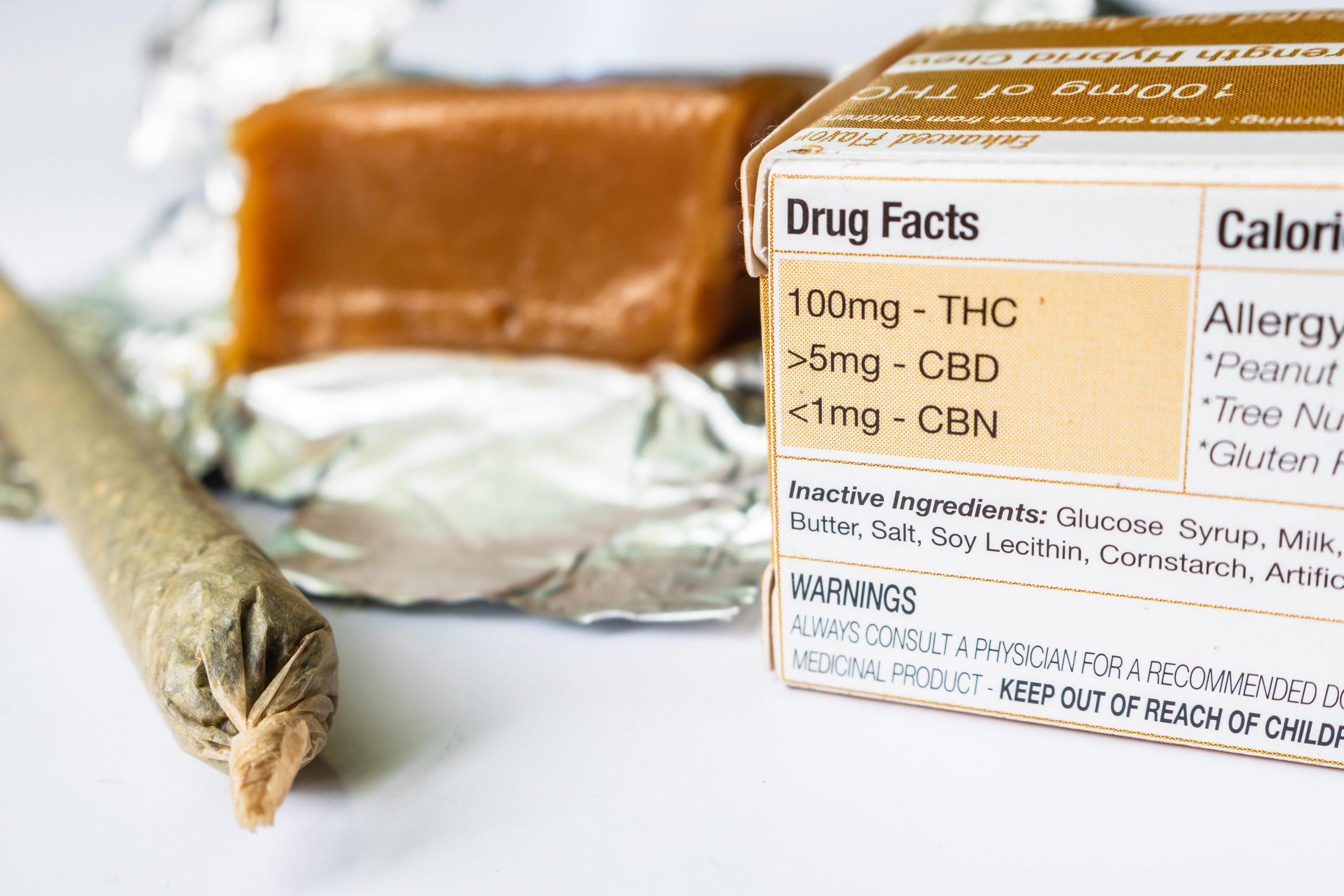
Hundreds of thousands of people are jumping on the Ozempic bandwagon and taking prescription medications to slim down, while others swear by intermittent fasting and other diet fads, but new research shows that they’re all likely barking up the wrong trees. There isn’t any shortcut or magic bullet to losing weight, keeping it off, and… read on > read on >


















